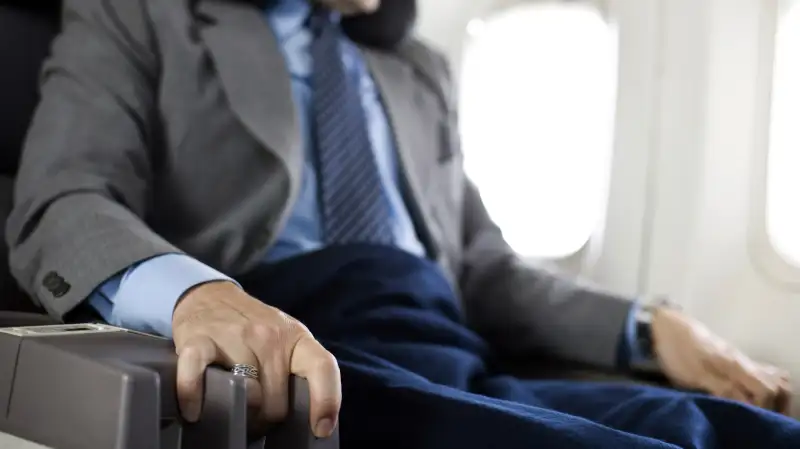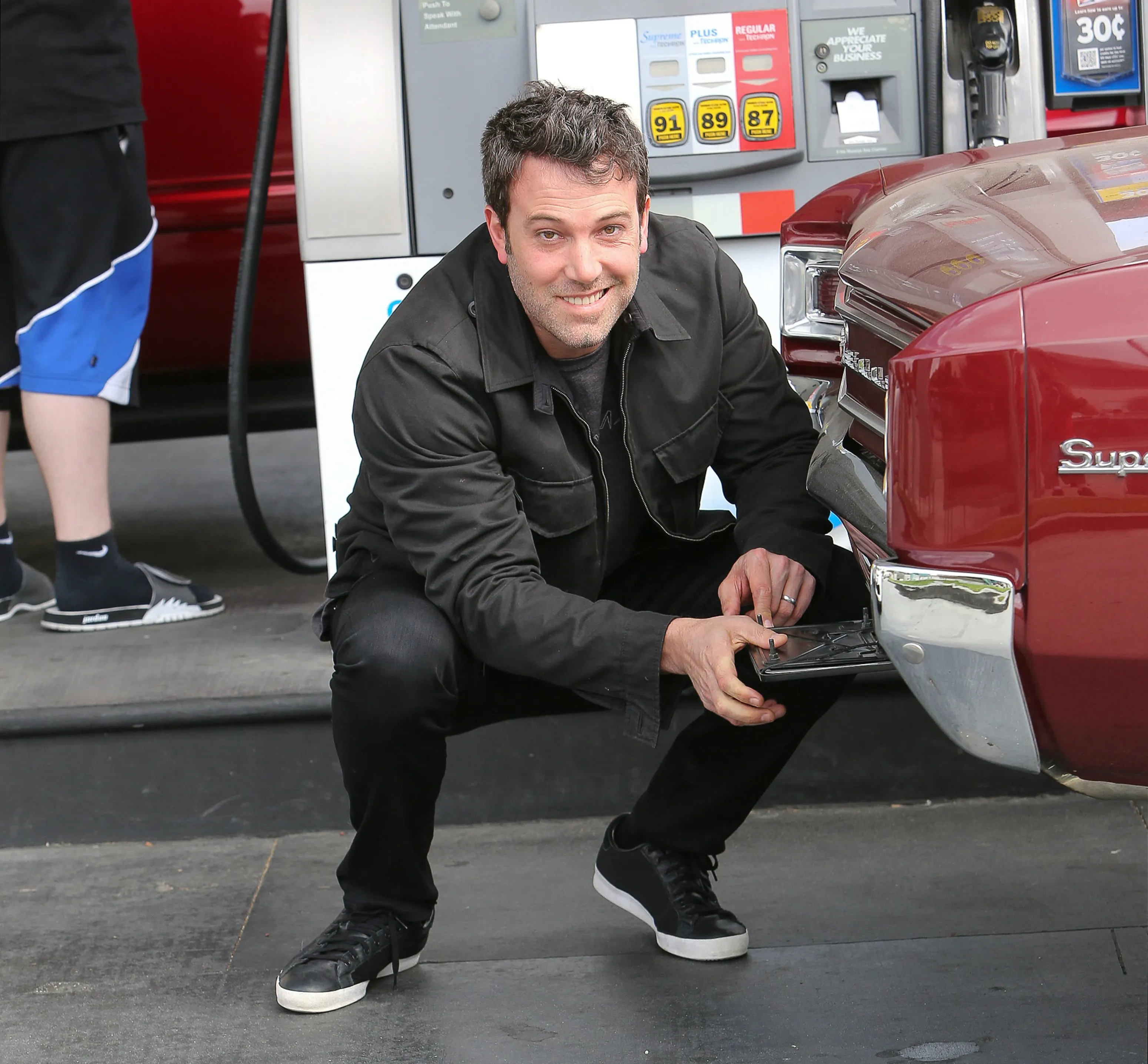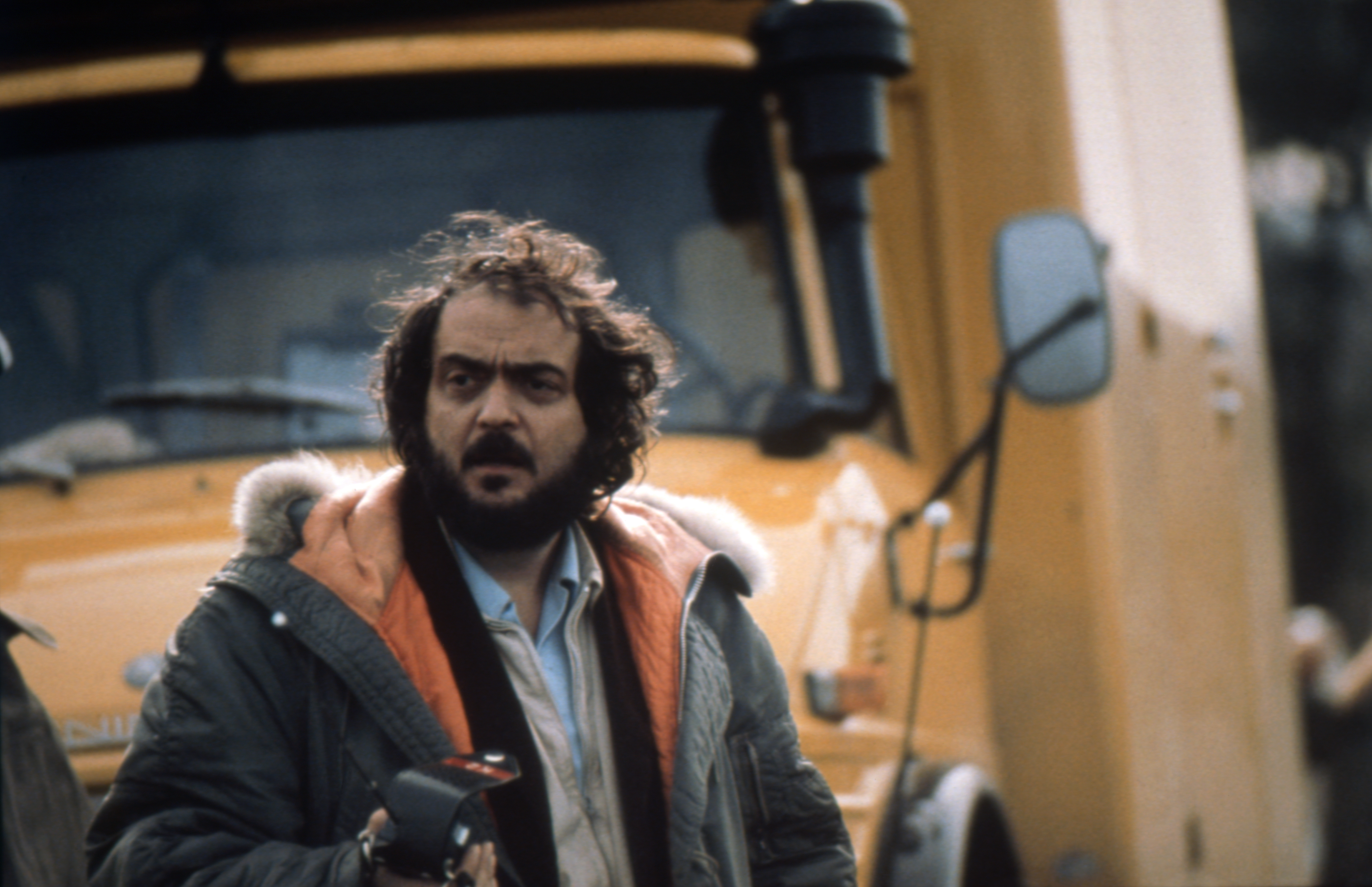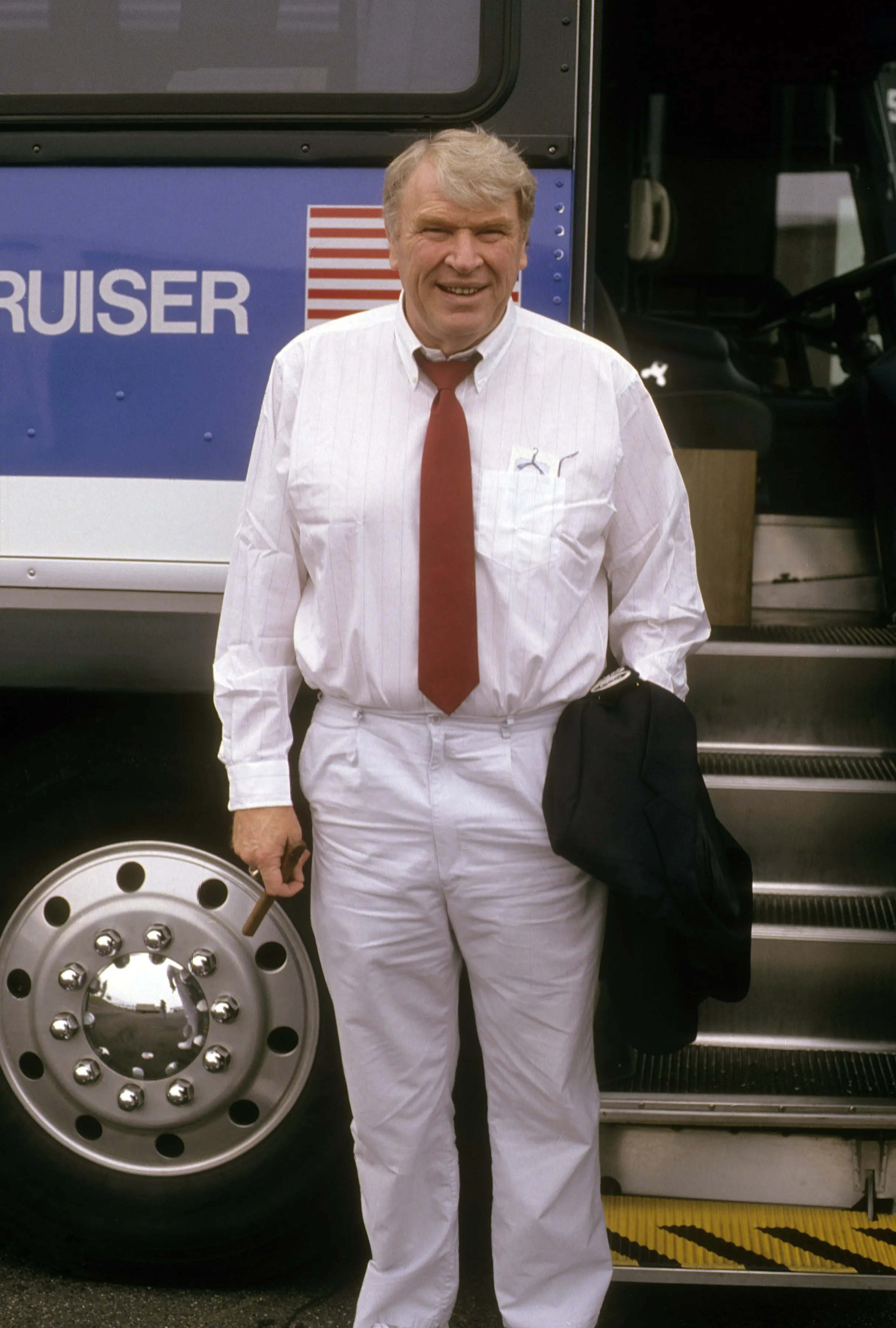How to Keep Fear of Flying From Grounding Your Career

It’s understandable if the recent spate of high-profile airplane crashes around the world has made you nervous about flying.
Three airline disasters in eight days last month have pushed the number of dead or missing this year to more than 700, putting 2014 on track to be the worst year for airline fatalities since at least 2010. With 464 fatalities, July was the fifth worst month in aviation history, according to the Air Safety Network.
In the aftermath of these tragedies, aviation experts and many news outlets issued the standard post-crash reassurance that flying is still much safer than most forms of travel, including driving a car.
But even if flying isn’t more dangerous, the fear of it can have a big impact on your life and your career. If you're anxious about air travel, you may turn down opportunities to attend important business conferences. And even if you can get on the plane, you may be too anxious to sleep and emerge from the trip exhausted. If you need to work during the flight, anxiety can sap your productivity.
The medications you might take to cope can leave you fuzzy just when you need to be sharp for a client meeting or a speech. At its worst, a fear of flying may keep you from rising the corporate ladder.
“The impact on careers is pretty clear and often striking," says Dr. James Abelson, director of the Anxiety Disorders Treatment program at the University of Michigan. "We regularly see people who shy away from jobs that would require them to fly and even turn down promotions.”
Who Suffers the Most
Exactly how many people suffer from a fear of flying is unknown. Some surveys find that about 25% of people are nervous about air travel. In a July poll, 36% of Americans said that recent political turmoil has made them afraid to fly internationally. But true aviaphobics make up just 6% of the population, according to the National Institute of Mental Health. Whatever the stats, there’s no doubt that millions are anxious about getting airborne.
The phobia is more common among those who are successful, says Dr. Martin Seif, a psychologist who specializes in anxiety disorders and operates a fear of flying program called Freedom To Fly. That may be because people with hard-driving, Type-A personalities get uncomfortable when they aren’t in control. Plus, workers in management and executive positions are more likely to have to get on a plane for the job, says Seif.
Indeed, a number of successful celebrities, from sports stars like Wayne Gretzky to entertainers like Aretha Franklin, suffer from a fear of flying that has affected their careers.







What You Can Do
Whether you’re a celeb or a worker bee, you can take advantage of online resources, in-person programs, and even apps to get your fears under control and limit the damage to your career.
Several airports and airlines offer workshops to help nervous flyers, according to USA Today. At Phoenix Sky Harbor International, a fear-of-flying class convenes monthly, with an advanced session that allows students to test their coping strategies on an actual flight. Captain Ron Nielson, a commercial airline pilot for 40 years, runs the Fearless Flight program. Milwaukee's General Mitchell airport's Overcome Your Fear of Flying program is headed by Dr. Michael P. Tomaro, an aviation psychologist and certified flight instructor. San Francisco's International airport hosts a fear-of-flying clinic that will run five workshops this year. A few international airlines, including British Airways and Virgin Atlantic, also offer programs.
Seif’s Freedom to Fly program is airport based. Students go through the airport security, board the plane, and take short flights to learn how to deal with anxiety management. He also offers individual counseling sessions.
The Anxiety and Depression Association of America offers a number of articles and lists resources for overcoming fear of flying.
SOAR, an organization started in 1982 by Captain Tom Bunn, a licensed therapist and airline captain, sells DVDs and one-on-one counseling sessions. It has also developed an app to manage anxiety on the go, with videos, relaxation exercises, and turbulence forecasts for your flight. The VALK Foundation, a Dutch institute that studies and treats the fear of flying, also has an app to help anxious passengers.
Simple techniques, such as doing slow controlled rhythmic breathing, can also help. The best cure for fear of flying: flying.
“The active ingredient in overcoming any fear is exposure," says Seif. "The more you fly, the easier it is.”
